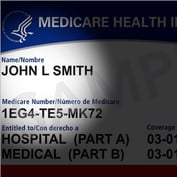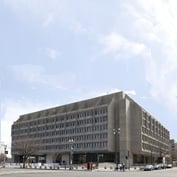(Bloomberg View) — It’s hard to say which is more crazy: Washington’s failed system for keeping drug costs under control, or the resistance to a modest attempt to change it.
The problem is obvious: In addition to paying doctors for treating Medicare patients, the federal government also pays them 6 percent of the cost of any drug administered in their office. The financial incentive for doctors is to prescribe the most expensive drugs available.
See also: Top funds said to tell pharma leaders to defend drug pricingm
The Centers for Medicare & Medicaid Services (CMS) has proposed reforming those incentives, in two stages. First, in August, the 6 percent fee would be reduced to 2.5 percent, plus a flat fee. Later, CMS wants to try what it calls value-based pricing strategies, such as paying doctors more for choosing drugs that are shown to be more effective.
Who could object to that? As it turns out, just about everybody. Drugmakers say the current system “works to control costs.” (In reality, spending on this part of Medicare grew 17 percent faster than the program as a whole from 2005 to 2014.) Doctors groups argue the change will limit patients’ access to drugs, and that Medicare should instead pressure drugmakers to lower their prices. In Congress, more than 300 Republicans and Democrats oppose the change, based on the theory that it will constrain patients’ and doctors’ choice.
These arguments are little more than fear-mongering. A more sensible system is easy to envision: Drugmakers encourage doctors to choose their products based on clinical effectiveness, not financial gain. If Medicare’s reimbursement rates are found to be too low, they are adjusted directly, not through incentive payments that favor one drug over another. And no doctor would refuse to administer a medically necessary drug simply because it’s not expensive enough.








 May 31, 2016 at 07:54 AM
May 31, 2016 at 07:54 AM









